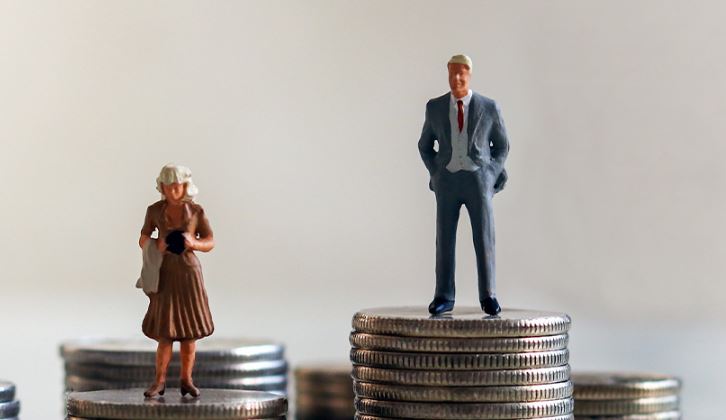By Noor ul ain Ali
Pakistan is facing a major inflation crisis. According to the latest report, the annual inflation rate in Pakistan has risen to 24.5%. Such high level of inflation has sent prices of goods and services soaring. And it is therefore urgent to counter this cost-of-living crisis to protect people’s pockets.
Notably, the crisis affects women and girls disproportionately. Undoubtedly, men and women face different levels of vulnerability to financial shocks. An area where this becomes more pronounced is unpaid caring labor where women carry unevenly more burden than men, with implications for growth. In many households with limited income, the healthcare and education of male family members is prioritized over female members.
Not only this, but inflation is also higher for products and services aimed at women, who are less likely to have salaries that keep pace with inflation.
Similarly, the increase and intensification of unpaid household labor, in addition to the continuous shrinking of public services provision in health, social care and education, due to budget cuts, leads to higher intergenerational costs.
According to the report of ILO, men generally work in greater numbers in industrial sectors and financial business services, which tend to offer better compensation. However, women are more likely to seek “vulnerable employment”, including work in services, agriculture, textile, etc. Given this structure, women find themselves harder hit by the economic crisis, which can intensify their vulnerabilities.
Women, due to limited employment opportunities, are less likely to be hired, and more likely to be fired as compared to men. Reports suggest that employers these days are laying off women in disproportionate numbers.
Furthermore, the recent hike in petrol prices has created a major concern about its impact on women. Keeping in view that for many people the main reason for driving vehicles is to get to work, the lack of adequate resources and access to safe and cheap transportation for women hinders their ability to actively contribute to the country’s economy.
In a phallocentric society like ours, where men are assigned the role of primary breadwinner, women seeking work opportunities find it extremely difficult to secure jobs in traditionally male-dominated sectors.
While the Pakistani government is negotiating with IMF, ‘not so women friendly’ SAPs are expected to make an appearance quite soon, as in the past structural adjustment has often led to spending cuts on important welfare and social development programs specifically designed for women such as education and health care.
Feminists, activists, and academics have pointed out that these biases against certain classes of women under SAPs are rooted in the effects of gender inequality in society on dominant discourses in many disciplines, and economics is no exception.
Scholars and researchers argue that these prejudices against certain class of women in the SAPs become the cause of gender inequality in society in dominant discourses in many fields, and so economics is no exception.
At the same time, financial crises bring to a head the paradoxical position of women within the household. With the growing expenses of education, middle and lower-middle-class girls are more likely to abandon their formal education.
To conclude, it would appear that inflation has far more and serious consequences on women regardless of their socio-economic background. It is a high time for those sitting in the power corridors of the state to reconsider women’s legitimate place in society while devising policies for the development of human resources, the reconstructing the education systems, and the eradication of poverty.










